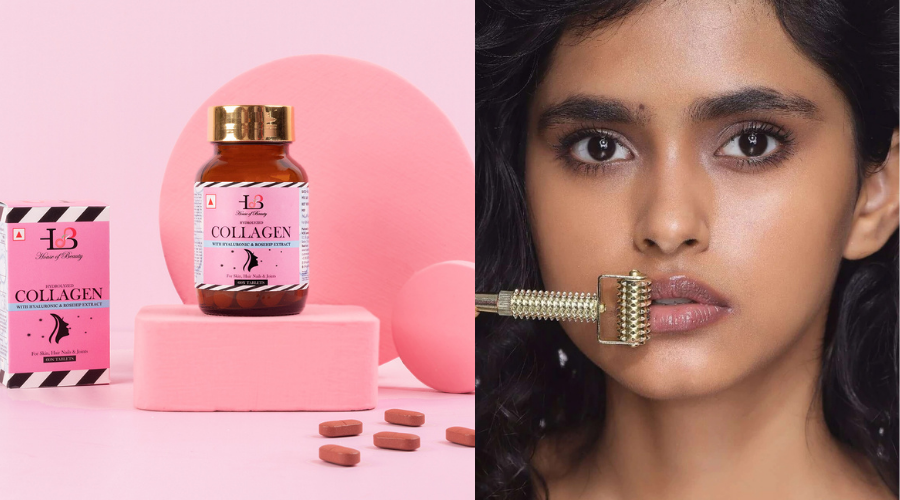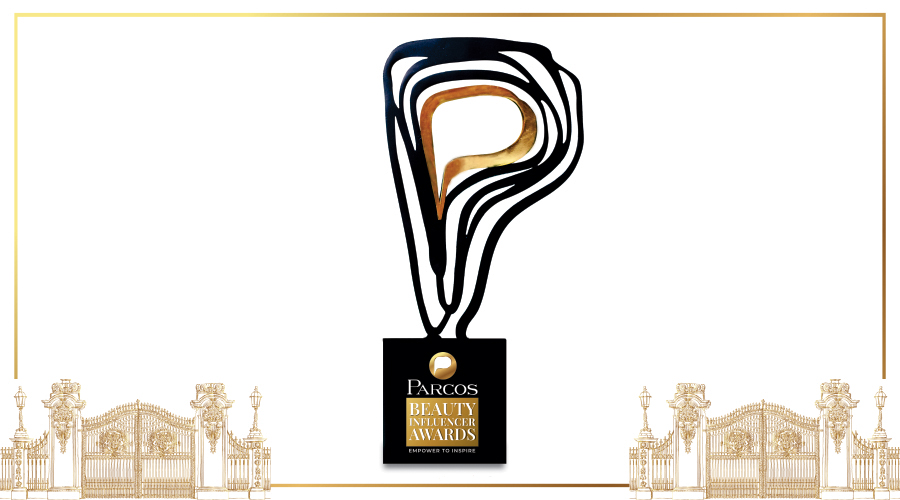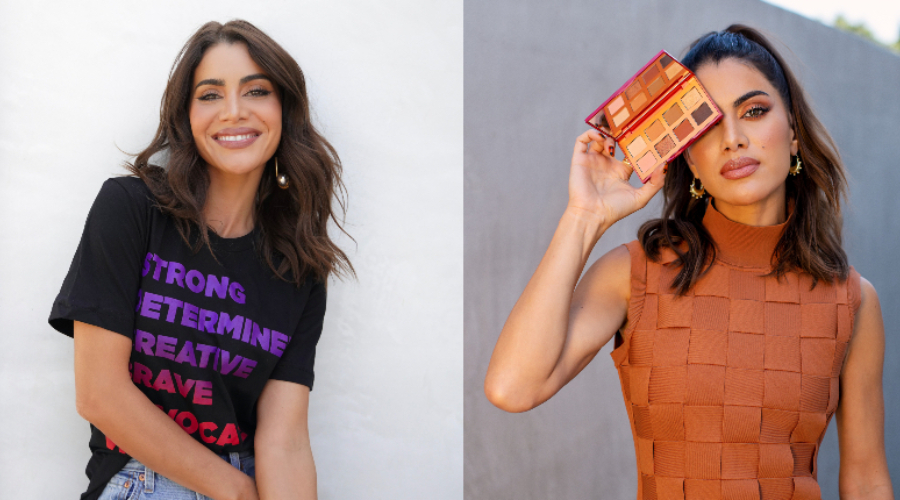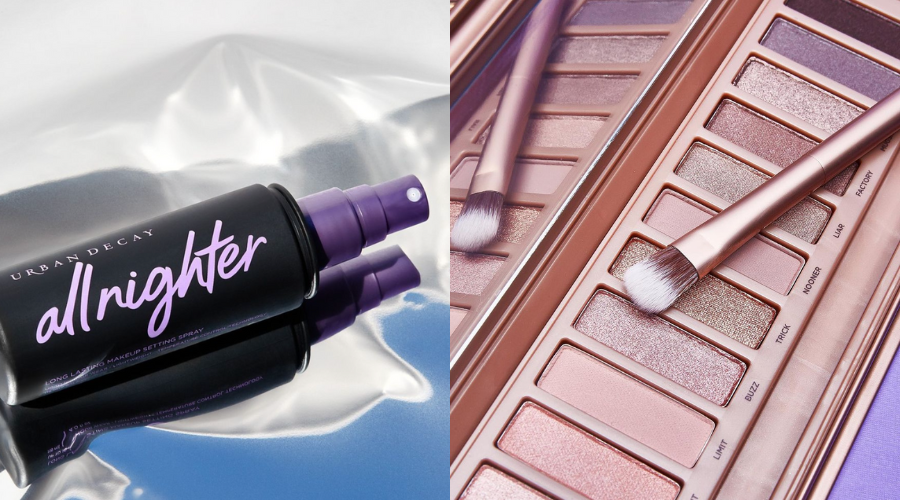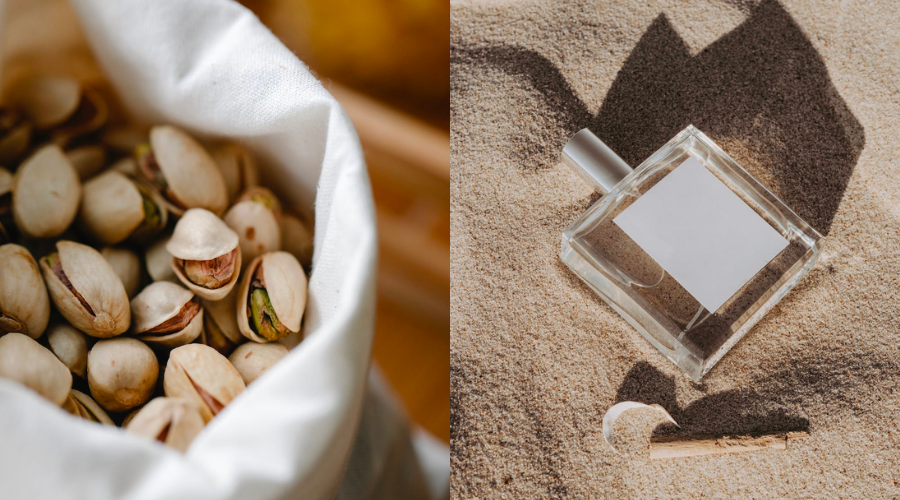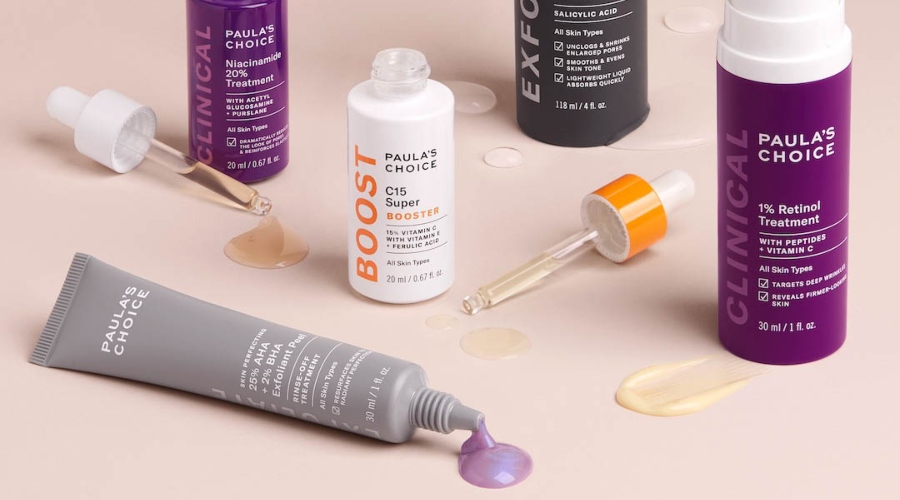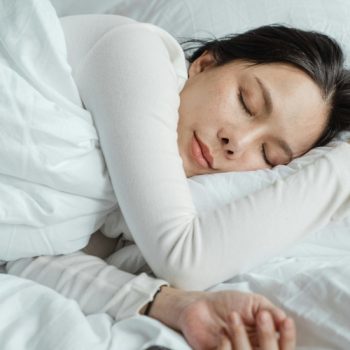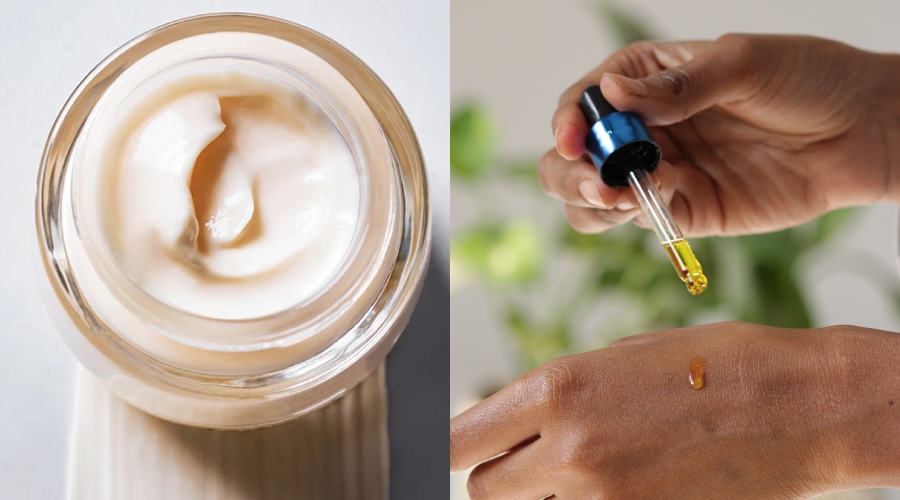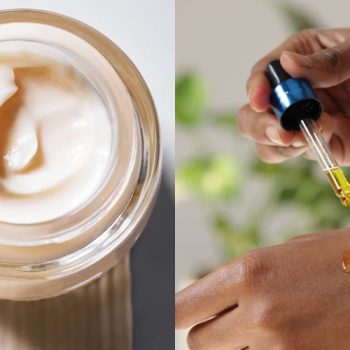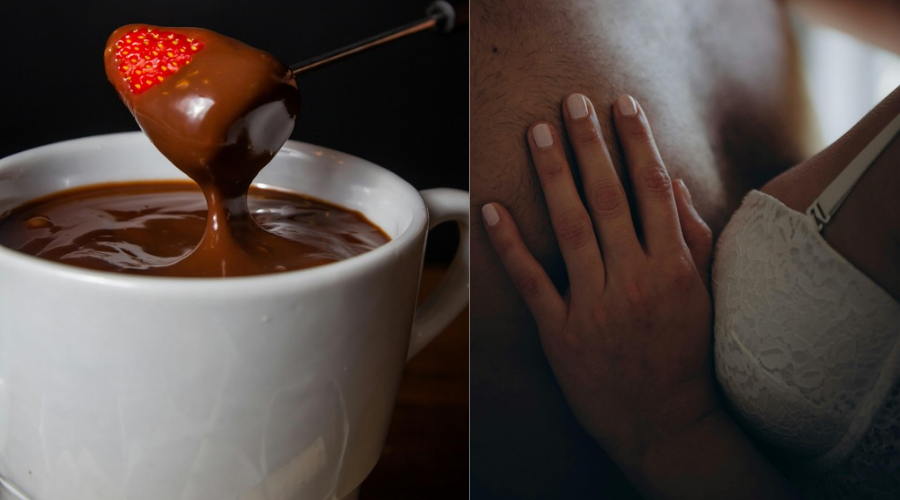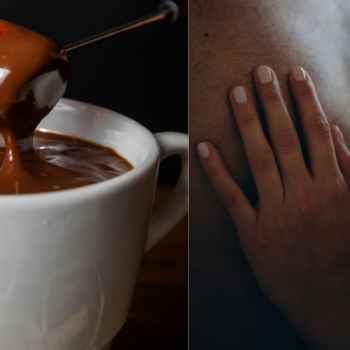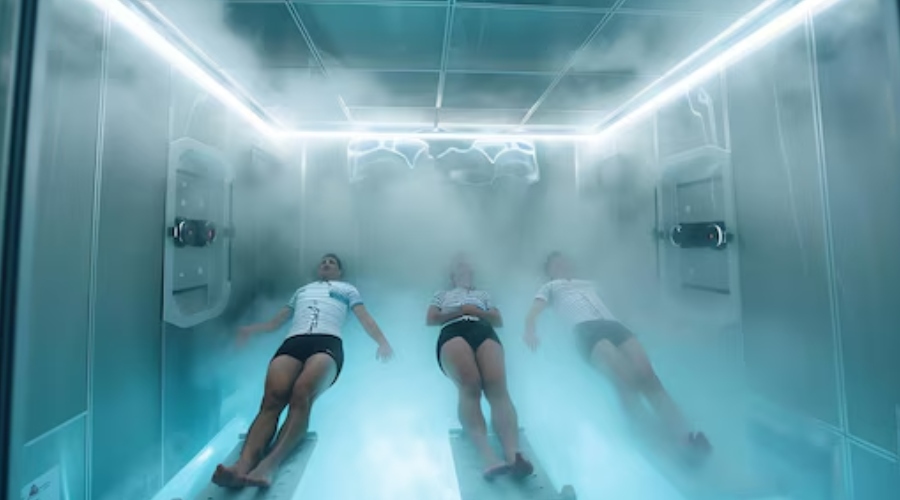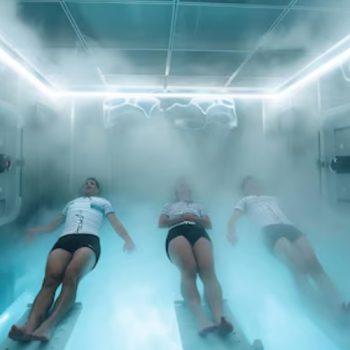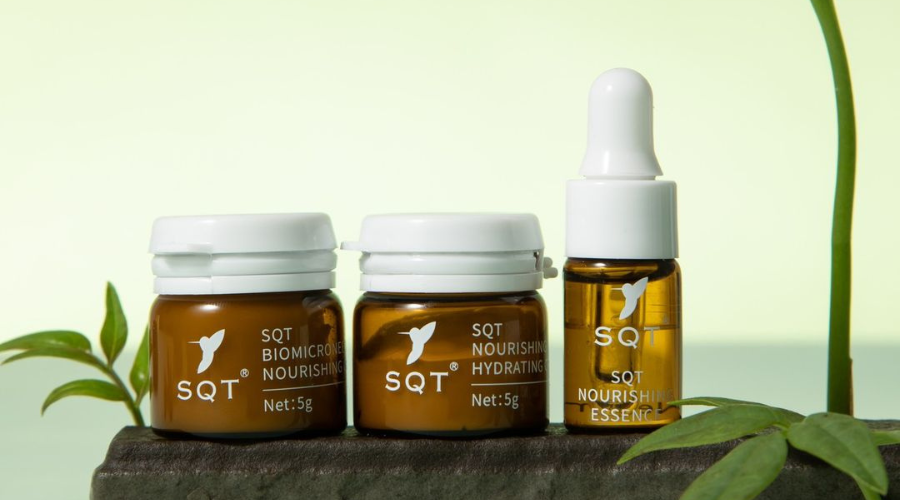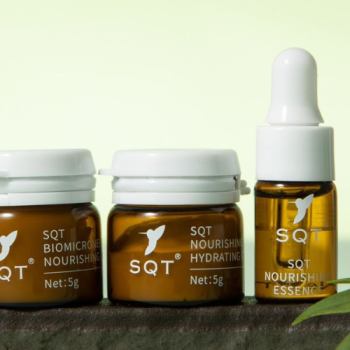I was aware of Paula’s Choice skincare long before the brand set foot in the Indian market. Moonlighting as an engaged Redditor, I have aggressively upvoted posts with the brand mentions. A skincare enthusiast myself, one who was coming from years of zero sunscreen use and relying on DIY neem ubtans to cure my adult acne, the blog section of the website was my skincare bible. The products always claim a spot in must-have lists of influencers and beauty editors. This further convinced me to start manifesting the brand’s arrival in India. And in 2019, after purchasing my first salicylic acid solution and the CLEAR Oil-Free Moisturizer, I was officially a fan.
The brand has been around since 1995. In addition to being a cult favourite, it boasts of multiple USPs. For starters, the brand was first launched on the internet at a time when nobody thought it was a lucrative space. Founder Paula Begoun was already a published author and skincare guru long before she decided to put her name on a product. Paula is also a rare industry insider who does not hesitate to call out marketing gimmicks. She has openly condemned the villainization of parabens, confessed to despising sheet masks, and criticised the use of artificial fragrances and colouring to pander to female customers. It’s not just her opinions that are strong and hard-hitting; the brand’s product line is also famous for its incredibly effective actives like potent exfoliants, retinol, and antioxidants.
I, a beauty journalist and loyal customer of the brand, have realised the need for a no-BS attitude toward acne care. However, the Indian beauty consumer is just waking up to the importance of science-backed acne solutions. I spoke with Desiree Stordahl – The Director of Applied Research & Education, to understand the brand’s perspective on dealing with acne effectively.

ELLE: As a brand lauded for its effective anti-acne formulations, how do you perceive acne as a skin concern?
DS: At Paula’s Choice, we take acne very seriously. Our brand has always been passionate about treating acne-prone skin with proven effective ingredients. Our founder, Paula Begoun, battled acne from adolescence to adulthood, and the products she used before conducting her own research left her skin irritated, which only made her acne worse. She never wanted anyone to go through what she did, so she set out to create gentle yet effective products backed by research, not misleading claims.
We also know acne isn’t just a physiological issue—it’s also psychological since it keenly affects self-esteem. With the rise of social media and photo filters, people have more pressure than ever to present themselves as having perfectly “flawless” skin.
Acne affects upwards of 90% of the global population at some point in their lives, and we want to do what we can so everyone feels comfortable in their skin. Along with gentle yet effective products, we also share information that educates and empowers people with the truth about how to take the best possible care of their skin.
ELLE: Your product line contains some of the most sought-after anti-acne ingredients. From salicylic acid to niacinamide, which ingredient attracts the most demand from your consumers, and why?
DS: Salicylic acid (also known as BHA) is the most in-demand and effective acne fighter. It’s beloved because it works incredibly well and fast—while being gentle on the skin. BHA clears out congested pores and thins sebum, so it is less likely to get stuck deep in the pore lining and keeps pores debris free, so you’re not only treating the acne you see now but also preventing future breakouts. The key is using it consistently, so you’re always ahead of new breakouts. Our Skin Perfecting 2% BHA Liquid Exfoliant is so popular worldwide that one is sold every seven seconds.
ELLE: How important is skin science in effectively dealing with acne issues?
DS: Science has allowed us to understand and target the root causes of acne. It’s a multifactorial condition that includes critical factors such as an imbalance of c. acnes bacteria, pore congestion, excess oil, and inflammation. Armed with this knowledge, we can then solve for that with the types of ingredients proven to mitigate acne triggers. We can also explore studies on how certain ingredients irritate skin and worsen the condition, even though they may show some initial benefit. As science evolves, so do our information and products. As much as we know today, we’re still always staying on top of the research to ensure we can deliver the most effective skincare solutions.
ELLE: Do you think anti-acne formulations should be edited according to the market?
DS: Research has made it unequivocally clear that the same key acne-fighting ingredients/treatments are effective across all races, skin tones, genders, and ages. That includes a gentle, fragrance-free cleanser and a BHA exfoliant, as highlighted above. Adding a 10% azelaic acid treatment is another option to round out your anti-acne routine. Azelaic acid is well documented for its ability to fade post-acne marks, and it also helps with active breakouts thanks to its anti-inflammatory and anti-bacterial properties. Our Indian customers have seen an incredible response to these products. There’s nothing Indian consumers need to do differently to get acne under control.
ELLE: Indian households often rely heavily on natural remedies to deal with acne. Do you think the natural route ever works?
DS: Unfortunately, natural acne remedies almost always make breakouts worse and/or trigger irritation, ultimately leaving skin in an impaired state. Take lemon juice, for example—while often touted as an anti-acne cure, the high citric acid content plus very low pH of 2 is exceedingly sensitising to the skin.
Topical application can also cause photosensitivity due to a volatile fragrance chemical called limonene. All of this irritation triggers an inflammatory response deeper in the skin that can increase oil production, further exacerbating acne. Excess melanin (skin pigment) can also be triggered by this inflammation, potentially leading to uneven skin tone and hyperpigmentation. If other DIY acne treatments like turmeric and honey or apple cider vinegar worked, nobody would have acne, but we know that’s not the case. Rather than taking a gamble with natural remedies, your skin is better off with proven effective solutions.
Photos: Instagram

